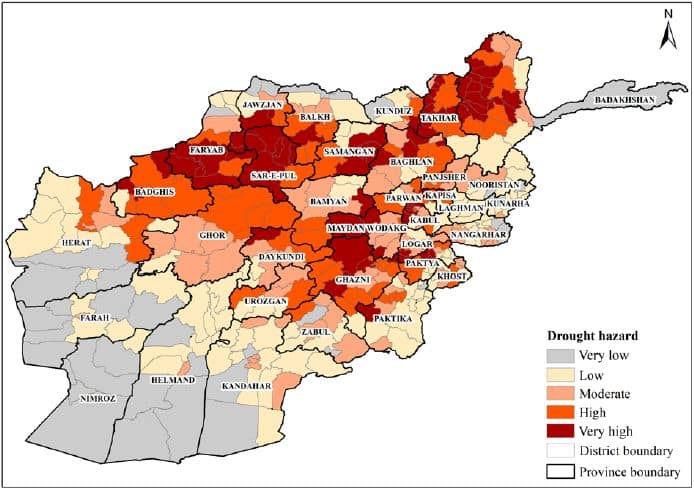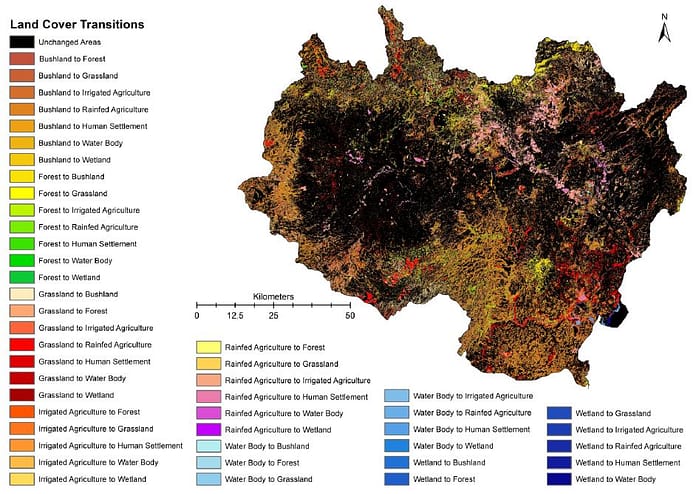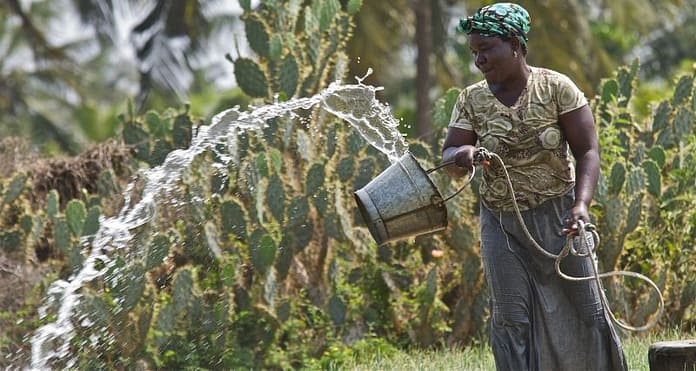IWMI Research Report – 185
Citation:
Nigussie, L.; Minh, T. T.; Schmitter, P. 2023. Institutional gender mainstreaming in small-scale irrigation: lessons from Ethiopia. Colombo, Sri Lanka: International Water Management Institute (IWMI). 29p. (IWMI Research Report 185). [doi: https://doi.org/10.5337/2023.218]
Abstract
Achieving gender equality in irrigation can result in greater production, income, and job opportunities for both men and women smallholder farmers from diverse social groups, while building climate resilience in sub-Saharan Africa. In Ethiopia, national irrigation agencies, donors, and researchers have been assisting project implementers to mainstream gender issues into the planning and implementation of irrigation programs. However, although efforts to close gender gaps in irrigation have been increasing, little is known about how interactions among institutions at different scales may determine the success of gender-mainstreaming strategies. This study presents a qualitative analysis of how the interaction of institutions at multiple levels can shape the success of gender-mainstreaming strategies. Specifically, the study analyzed how institutions’ rules, roles, and capacities at state, market, community, and household levels shaped strategies in Ethiopia’s nine small-scale and micro irrigation development projects. The findings show that ‘rule-based’ strategies adopted by small, scheme-based irrigation projects emphasize policies and rules for equal rights and opportunities for equal participation in individuals’ and institutions’ decision-making and capacity development. ‘Role-based’ strategies adopted by projects promoting small-scale and micro irrigation technologies focus on challenging social norms to address the imbalance of power and workloads by developing the capacity of all stakeholders. Both strategies focus on women and use participatory approaches to ensure gender equality. Negative stereotypes about women from families, communities, and the private sector often make it difficult for gender mainstreaming to succeed. Furthermore, institutional biases and limited capacities reproduce gender inequality by reinforcing stereotypical gender norms. Transformative gender mainstreaming strategies are critical to holistic approaches that facilitate change at different scales through broad-based partnerships between actors. It calls for 1) enacting policy, creating an institutional environment, and developing governance mechanisms for mainstreaming gender; 2) enhancing the accountability system and adoption of gender-transformative approaches to involve more women farmers in designing, planning, and management; 3) creating a supportive institutional environment at market, community and household level that helps women farmers invest in irrigation; and 4) applying an intersectional lens in gender analysis and mainstreaming.
ISSN 1026-0862
ISBN 978-92-9090-955-2









